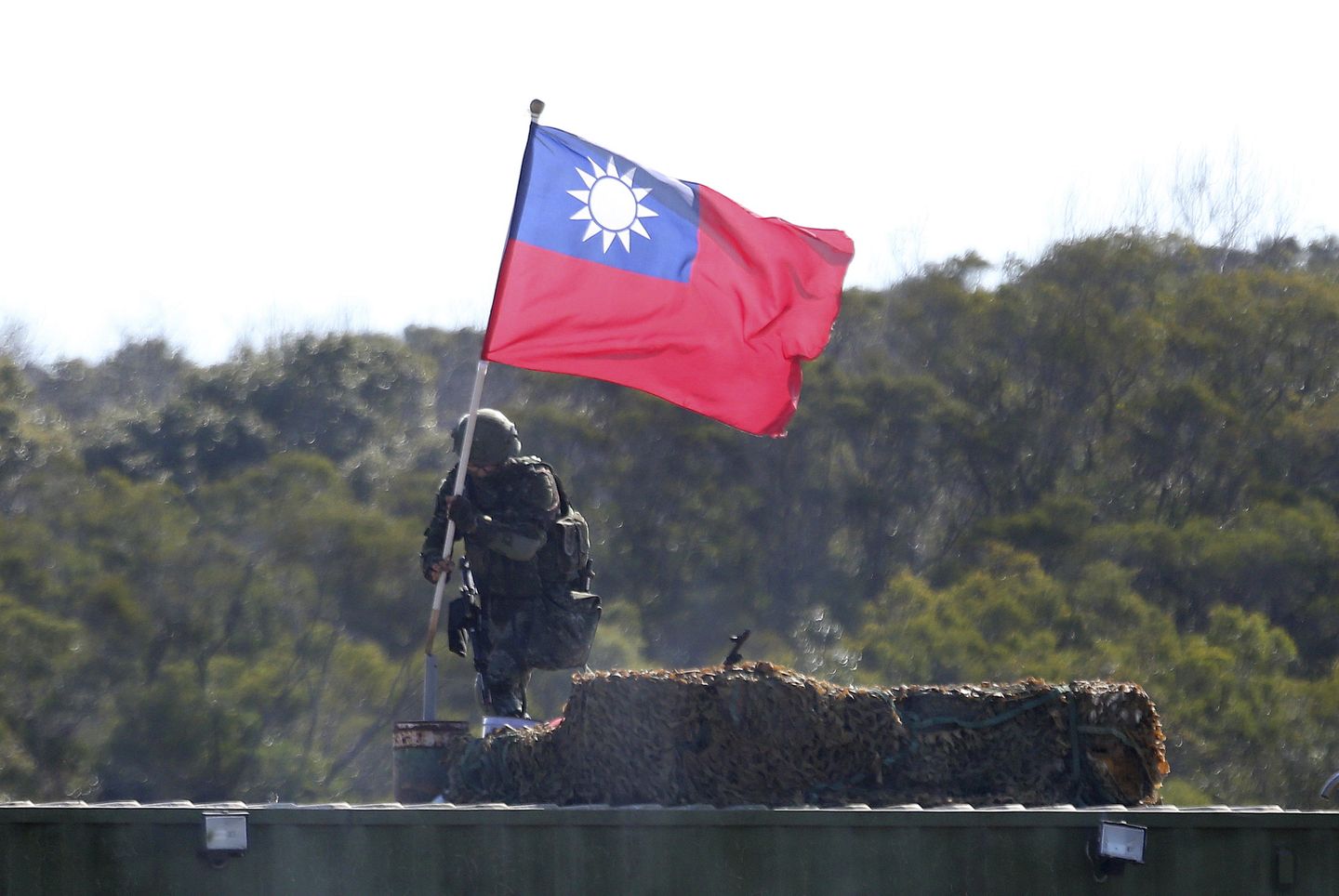

A pair of prominent senators on Friday introduced legislation to overhaul U.S. policy toward Taiwan, including $4.5 billion to promote security while deterring aggression from China, which claims the island as part of its territory.
The bipartisan Taiwan Policy Act was announced by Sen. Bob Menendez, New Jersey Democrat who chairs the Senate Foreign Relations Committee, and Sen. Lindsey Graham, South Carolina Republican.
In a statement Friday, the senators said the measure is “the most comprehensive restructuring of U.S. policy towards Taiwan” in the last several decades.
“The bipartisan proposal expands U.S. efforts to promote the security of Taiwan, ensures regional stability, and deters further People’s Republic of China (PRC) aggression against Taiwan,” according to a statement from the Senate Foreign Relations Committee. “The legislation also imposes steep costs on the (People’s Republic of China) for hostile acts against Taiwan by setting up a broad economic sanctions regime.”
The measure would provide security aid to Taiwan over the next four years and bolster support for the country’s democratic government. It would designate Taiwan as “a major non-NATO ally,” which could result in additional benefits in defense trade and security cooperation, officials said.
“When it comes to Taiwan, our responses should be that we are for democracy and against communist aggression,” Mr. Graham said in a statement. “China is sizing up America and our commitment to Taiwan. The danger will only grow worse if we show weakness in the face of Chinese threats and aggression.”
The legislation comes in the wake of recent threats from Chinese Defense Minister Wei Fenghe that China wouldn’t hesitate to start a war and would smash Taiwan “to smithereens.”
“As Beijing continues to seek to coerce and isolate Taiwan, there should be no doubt or ambiguity about the depth and strength of our determination to stand with the people of Taiwan and their democracy,” Mr. Menendez said.
U.S. officials have routinely identified China as the major challenge to Taiwan. They have sought to bolster relations with other countries in the Indo-Pacific region, such as India and Australia, to act as a counterweight to Beijing.
“The United States and our partners have a critical window of opportunity to reinvigorate our diplomatic strategy to assure cross-Strait stability and security, and to work with Taipei to modernize their military,” Mr. Menendez said.
